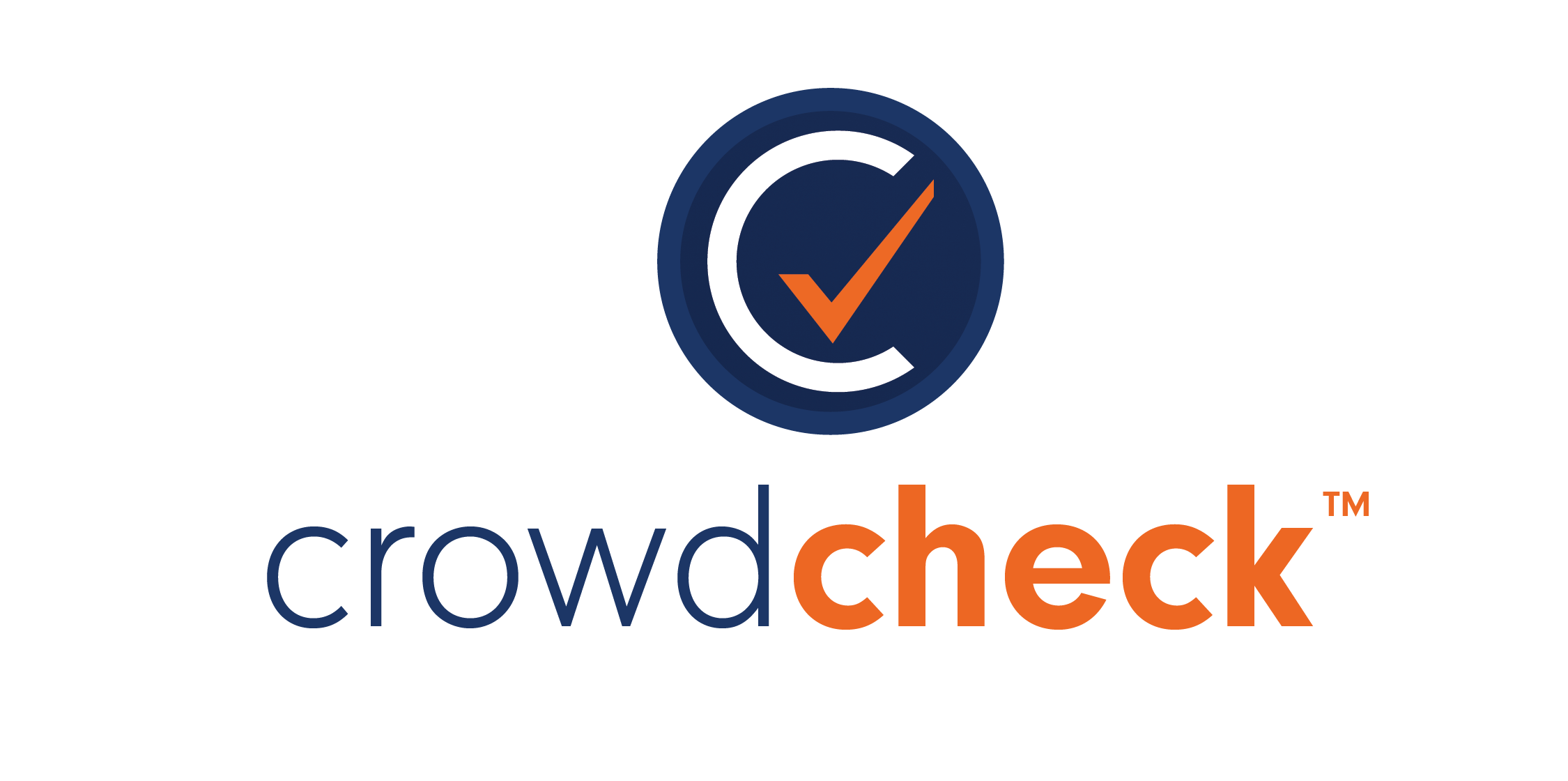[We asked our brand-new assistant Andrew, who graduated a few days ago from The Elliot School at George Washington University, to blog some of his thoughts aboutcrowdfunding. We think he got the idea!] In a few months from now, once crowdfunding regulations are approved by theSEC, thousands, or hopefully millions of Americans will begin scouring portals onlinesearching for a business they would like to invest their hard-earned money in. But how will they make this choice? Traditionally, investors seek the best opportunity for returns on investments. You too can choose to invest in a business you can see growing and succeeding, but the unparalleled opportunity which crowdfunding offers is that you,the investor and member of the crowd, will take an active part in supplying capital to abusiness you can take pride in and remain involved with throughout your everyday life. This is where the ‘fun’ comes into crowdfunding. Taking the step to aid a smallbusiness whose services the investor could personally use, rather than being solelyconnected through the value of the investment. When crowdsourcing is fun, the crowdis involved and interested. They not only want to see some return in investment butto see the business grow and succeed. To invest in a potential local restaurant theywould want to patronize or the food truck which they want to see outside their office forlunch. Professionals who choose to support innovative technologies can also benefitthrough crowdfunding and take initiative in supporting their industry. For example,a contractor may choose to invest in a company seeking to produce a new type ofbuilding material or tool, or the doctor in a company developing new types of hospitalequipment. Crowdfunding is not only for new startups and creative ideas but a platformfor growth within established industries. The more the crowd takes an active role insupporting these industries, the greater the benefit these industries can in turn give thecrowd. Products and services which the investor could personally use will heighten theappeal of investing and could compound the appeal once the remainder of the crowdrecognizes the fun of crowdfunding. Portals will develop not just as a business listing for potential investors butalso as social media to connect the crowd to these businesses. Localized portals willdraw interest from investors seeking to help startups in their area. We, the crowd, willnow have the opportunity to invest not just monetary capital but personal capital andthis aspect will be an important driving force of crowdfunding once the process fullylaunches. While there are high expectations for investors to flood in once the SEC opensthe crowdfunding gates, those expectations will only be amplified by a more involved,informed and interested crowd. Many investors will seek businesses that they have apersonal connection to and interest in as well as considering the return on investment that the business is offering. This is what we want and what is needed in order tocrowdfunding to fully take off as an innovative way for small businesses to gain capital,and for the crowd to gain from their success. The crowd owns crowdfunding and it isimportant for businesses and portals to understand the advantages of connecting funwith investment. Investors are more likely to give their hard earned money to companiesin which they have more than a basic interest but rather a personal connection.
Reg A Advertising on TV, Radio, and Online Audio/Visual Ads: What the SEC Staff Just Clarified (C&DI 182.28)
One of the draws of Regulation A is that issuers
